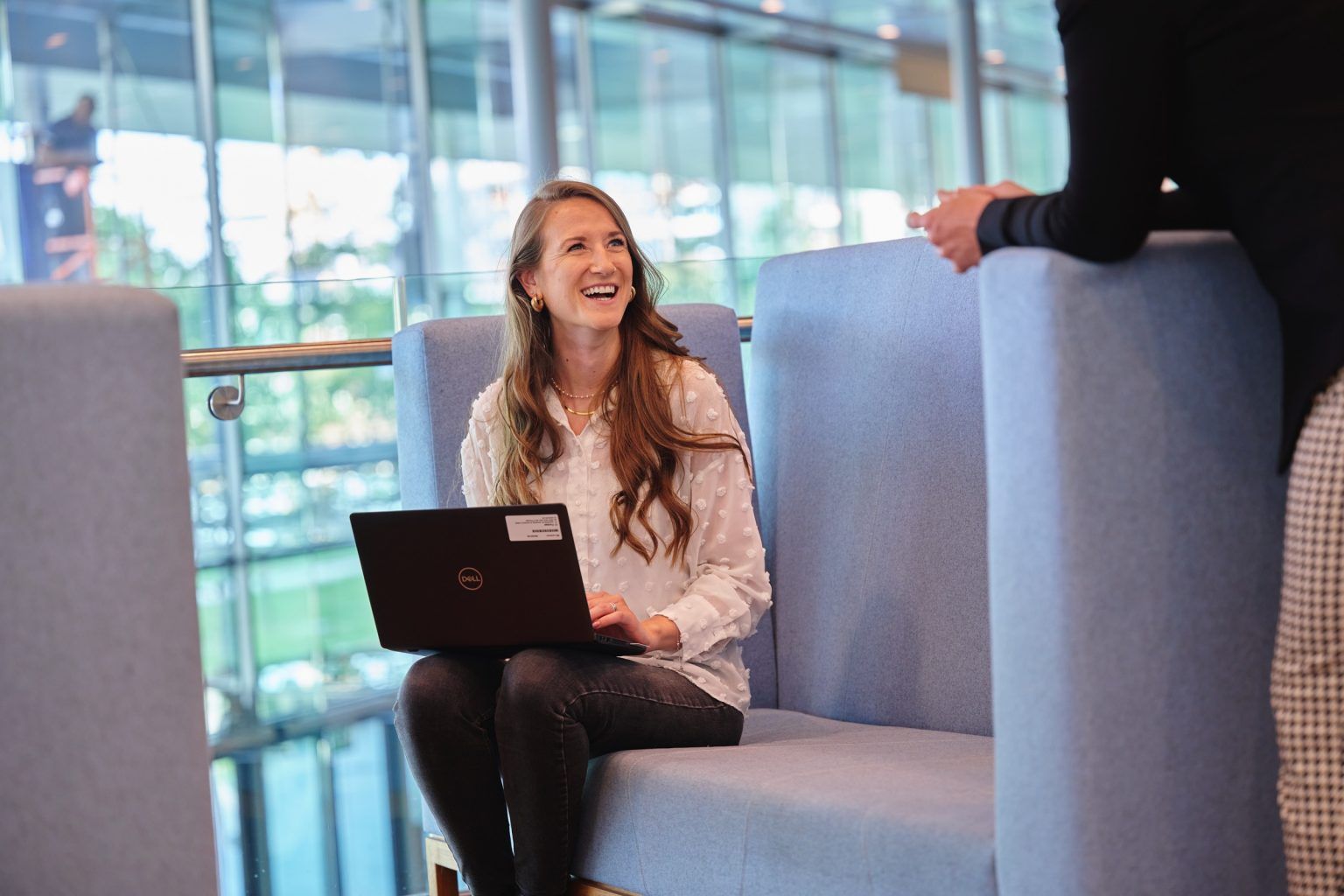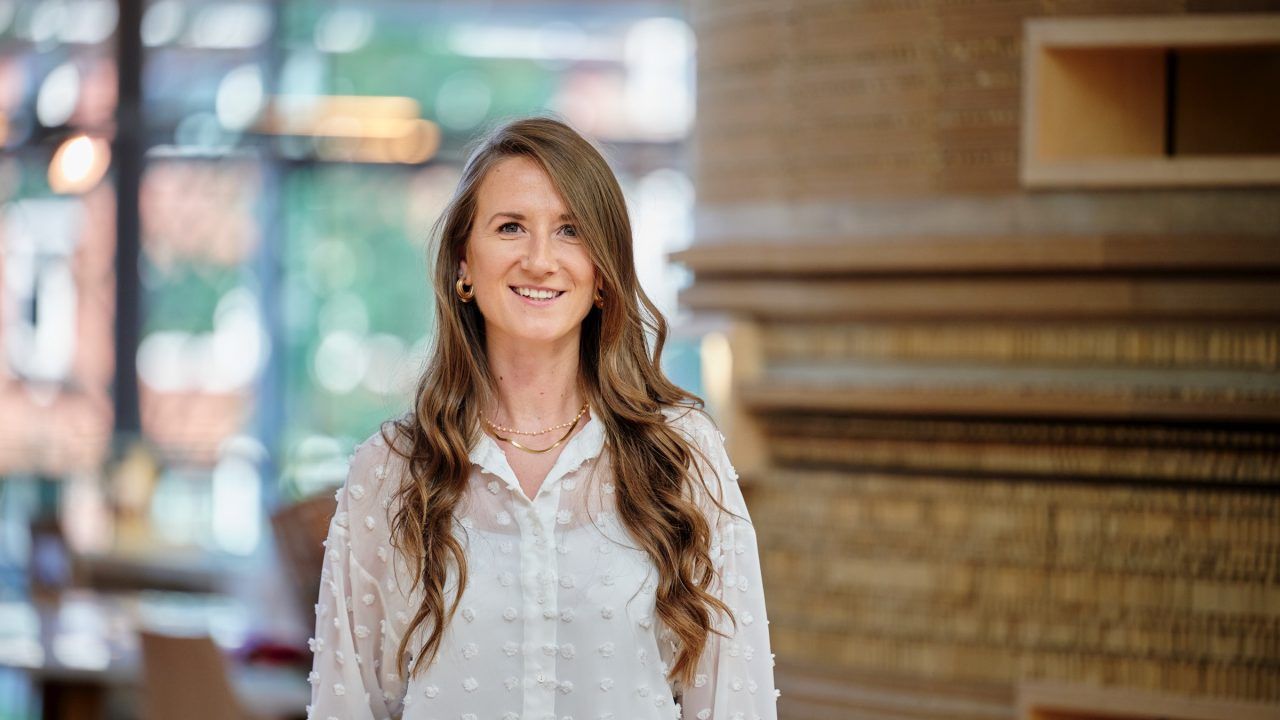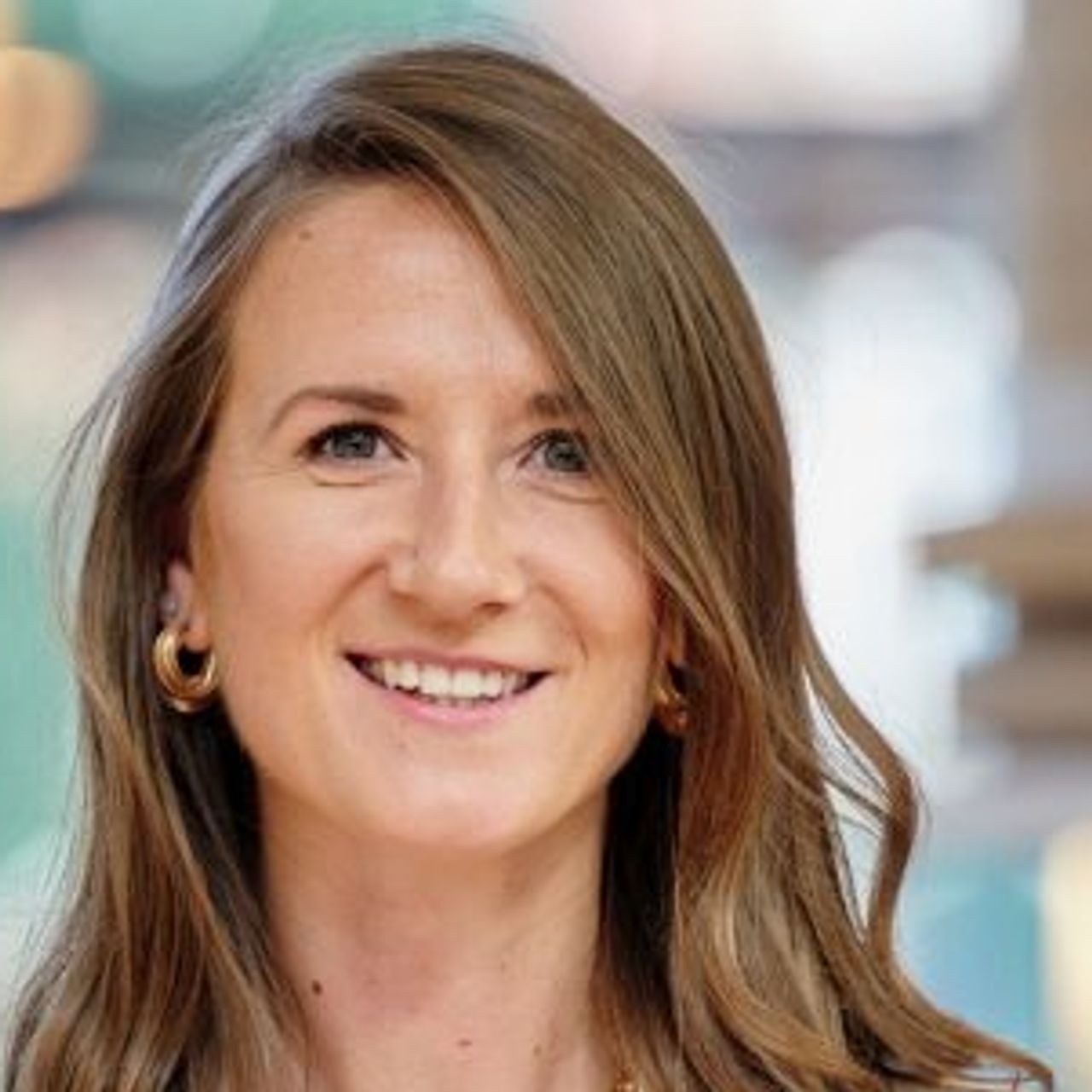She has great people skills, likes to contribute to society and is both substantive and creative. The great thing is: all these aspects are reflected in her current job at Financial Economic Crime. "There is great responsibility and you have to get a lot of people on board," but Risk Detection Expert Tijana Panić thankfully does not shy away from a challenge.
Smarter than criminals
Tijana does not have to think long about what FEC means: "For me it is a matter of managing risks. Unfortunately, the Netherlands is a tax haven where much money is laundered. As a bank, you therefore run the risk of accidentally doing business with criminals. We have to be smarter than them. Ensuring that we do business with as many good, i.e. innocent, customers as possible. By categorising customers into increasingly accurate risk profiles, we reduce the likelihood of criminals making use of our services."
As a Risk Detection Expert, Tijana is proud of the impact of her work. It is twofold: "On the one hand, my work has a direct effect on the bank's workload, i.e. that of your colleagues. We are constantly improving the risk model. And with a minimal adjustment, we sometimes remove hundreds of false positives from the system. The CDD analyst then no longer needs to examine these cases manually. On the other hand, risk detection has an impact on society. Banks are the gatekeepers of the financial system. By giving criminals less chance to succeed, we protect society."
"As a model owner, we have the most central role in the FEC field. And with that an enormous responsibility."
The model and the model owner
"I am co-responsible for the RDT, the Risk Detection Tool. This is a model we use to determine the risk classification of customers. This is done on the basis of data and policy: that of the bank, of DNB and governmental laws and regulations. We now work with 3 CDD Risk Detection Experts within the bank. Together we are responsible for the model and we decide what happens to it. It is a very delicate matter. We are the link between the business and IT, so we have to deal with many stakeholders. Colleagues from other departments also often ask us for input. As a model owner, we have the most central role in the FEC field. And with that an enormous responsibility."
"We are problem solvers," Tijana continues. "We discover the problem ourselves or it comes from the business. In our case as CDD analysts, they are actually our customers. We analyse the problem and, based on that, figure out how to adjust the model in such a way that it is solved. Then we request to modify the model. This request is reviewed by a committee and then goes to IT with a request to add or change rules. This makes the model a little smarter. The IT people are the real techies, by the way. They alone understand the complexity of our rule base, a complex system with many dependencies."

Room for contents and creativity
"The great thing about this work is that I can really focus on the contents. Because of its social importance and that of the bank itself, FEC has grown into a mature and highly respected field. We are also increasingly well organised. We work Agile, so the product owners take care of the planning, which gives me the space to take a deeper look. I really get into the content and can really use my creativity, which I love. It may seem like a simple question: what makes a customer risky, and what doesn't? But there is not one right answer. To come up with a solution, you have to think creatively. I have a lot of ideas and I am very happy that I am given the space to develop them."
A bit of technology and a lot of stakeholder management
"By the way, I do not only do thinking. On the contrary. I spend a lot of time on stakeholder management. As a Risk Detection Expert, you have stand pretty firm. Pitching and defending your story, getting people on board, these are also important parts of the job. You have to be brave enough to do that. I really like the fact that we are involved in everything. It gives me a strong sense of responsibility and I gain a lot of people skills, which is very valuable."
Do you need to be technically skilled for this job? "No, actually," Tijana believes. "You have to understand the model and be able to make causal connections. In principle, the basics of statistics are sufficient and you can learn on the way. Which is also expected of you. In this sense, curiosity and the willingness to continue learning are most important."

